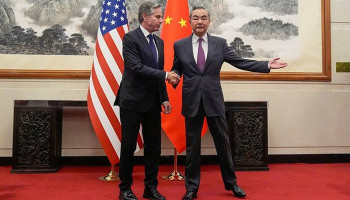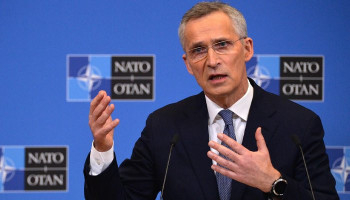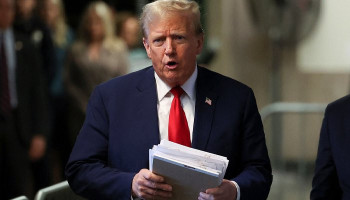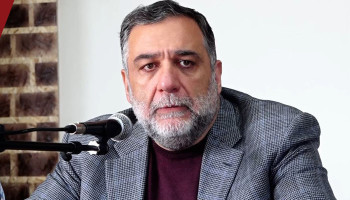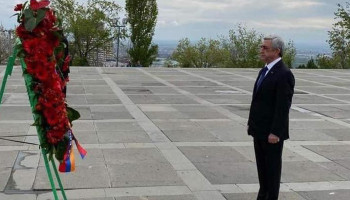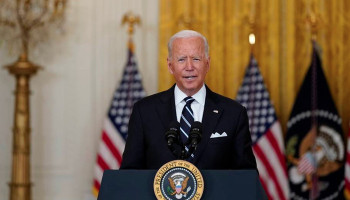How Saudi elite became five-star prisoners at the Riyadh Ritz-Carlton
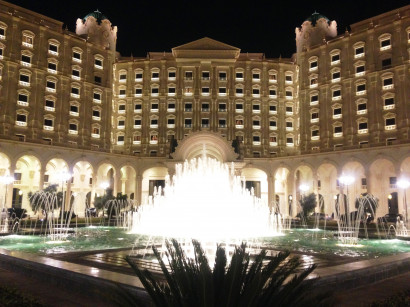 At 11pm on Saturday, guests at the Ritz-Carlton hotel in Riyadh got a rude awakening. Businesspeople and consultants who were staying in one of Riyadh’s most opulent digs, along with diners and visitors, were all told to assemble in the lobby with their bags. No one knew why. As guests made their way to buses to be taken to other hotels in the Saudi capital, senior officials were making plans for new arrivals who weren’t prepared for a night away from home, let alone a spell in a five-star hotel. They were soon to become the highest-profile prisoners in the modern kingdom’s history. And the most pampered. From midnight, buses arrived in the sprawling complex disgorging princes, business leaders, other royals, their guards and their captors. The arrivals marked the start of an extraordinary episode that exposed the kingdom’s elite to rare public scrutiny and showed that, even when accused of high crime, the powerful maintain privileges. By dawn on Sunday, more than 30 of Saudi Arabia’s most senior figures, among them blood relatives of senior rulers, were locked inside the hotel, accused of corruption. Their ignominious arrests were the talk of the country, and so too was the fact that they were far from a prison cell, where most citizens facing similar charges could expect to find themselves. The arrests had been decreed by the monarch, King Salman, and carried out by his powerful son and heir, Mohammed bin Salman (MBS), who has committed to overturning most of the established order in his heady six months in office. But even for the ambitious crown prince, taking on the establishment to this extent was a risky step – and he needed to take precautions.In a historically deeply tribal Saudi Arabia, insulting a family patriarch, or senior figure, has consequences. The modern kingdom has been ruled by a consensual alliance between various – sometimes competing – branches of the royal family, all of which are descended from the founding ruler, Abdulaziz al-Saud (Ibn Saud). Demeaning one, by putting him in a prison cell, is a slur that would be felt far wider, and would have implications tribally. Any insult, perceived or otherwise, could break ties that bind society in Saudi Arabia, and in tribal societies more generally. Senior figures have long held a stake in the system, which in turn helps secure their loyalty. If that stake was shattered, Saudi leaders could not bank on the enduring loyalty of family members they need to secure their reign. “He couldn’t have put them in the jail,” said a senior official. “And he would have known that. So this was the most dignified solution he could find.” Abdulkhaleq Abdulla, a retired professor of political science from Emirates university said that societal norms were breaking down in Saudi Arabia, and the ties that have traditionally bound tribes and clans, may no longer be as strong.“There is a cultural readiness in Saudi Arabia to treat everyone equally,” he said. “If these princes are found guilty then their place will be in jail and rightly so. The Saudis will be more than happy to see them imprisoned. “There are over 300 million Arabs, I don’t think we’re so tribal anymore. There is a large middle class in Saudi Arabia who is behaving like middle class people anywhere else in the world. They are the ones looking into this more than anyone; they’re yearning for the 21st-century Saudi Arabia.” Bashshar Haydar, a professor of philosophy at the American University of Beirut said: “The ones who want MBS to fail will be showing sympathy to the arrested. MBS didn’t cross any lines with the public, he did with al-Saud but he will appeal to family sentiment and moderation as to not alienate anyone.” |











